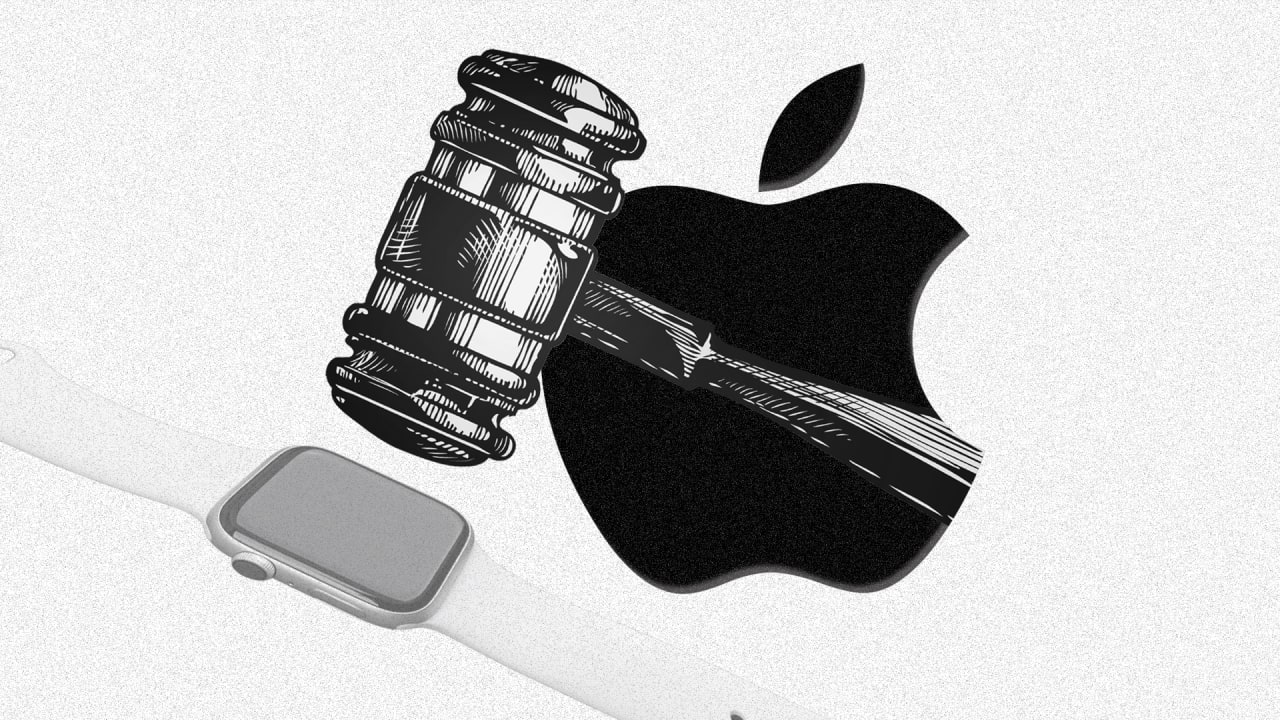Kosta Eleftheriou, an iOS app developer, says there’s a simple way to investigate whether an iPhone app might be a scam. The first step is to ignore the app’s average star rating and featured reviews, which he says are too easy for developers to artificially inflate. Instead, you should look at the full list of written reviews, sort them by “Most Recent,” and start searching for patterns. Glowing reviews filled with bad grammar and nonsensical sentences are a bad sign, but the real tells are the one-star reviews. If you spot users complaining about astronomical in-app purchase prices or features that don’t work as advertised, the app is probably much worse than its stellar score lets on. “You’ve got to make sure that you do a little bit of work,” Eleftheriou says. “You want to investigate.” Eleftheriou has done plenty of his own App Store sleuthing in recent months. After discovering that a shoddy imitation of his popular FlickType keyboard app was charging customers hundreds of dollars per year in subscription fees, he launched his own crusade against App Store scams in general. On Twitter, he regularly flags apps that appear to be purchasing fake reviews and tricking users into making expensive in-app purchases, and he’s called out Apple for not doing enough to stop them. Up to now, I've been in the “Apple *wants* to do the right thing” camp.

Go here to read the rest:
Meet the developer suing Apple for failing to clean up the App Store